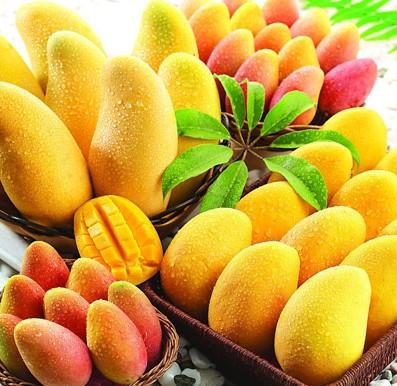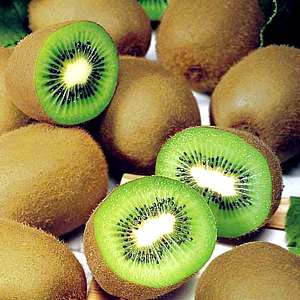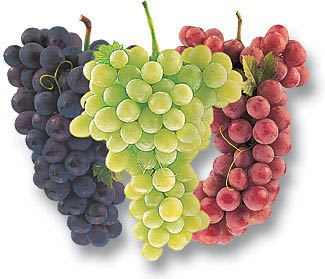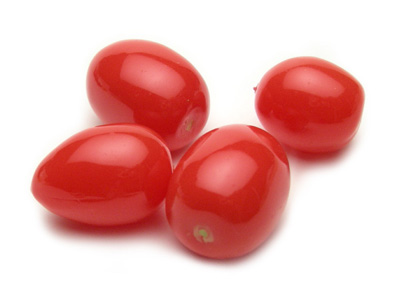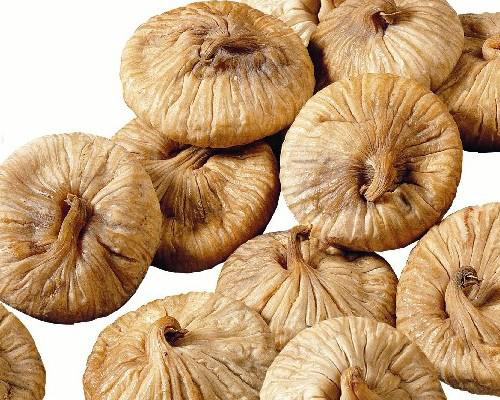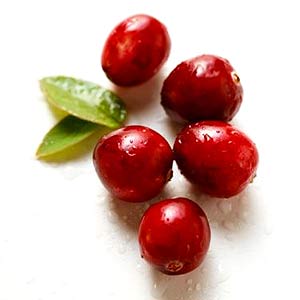Papaya

• Nutritional value (1/2 medium): 59 calories, 3 g fibre, source of folate, vitamins A and C
• Disease-fighting factor: papayas contain papain, an enzyme that aids digestion. Plus, their high vitamin A content aids in maintaining the health of the skin.
• Did you know? The black seeds inside the papaya are edible and have a sharp, spicy flavour. Try blending them into salad dressing as a substitute for black pepper.

